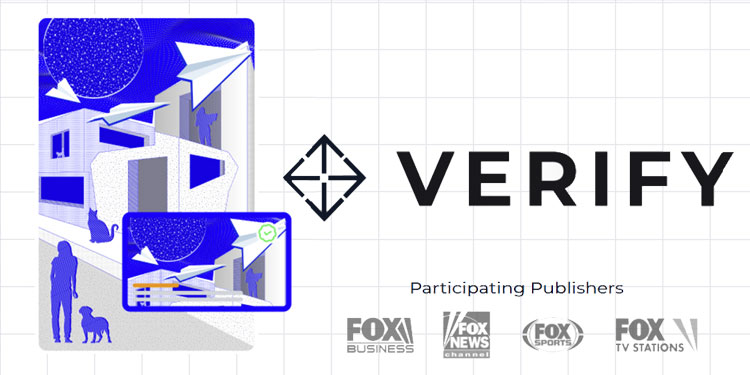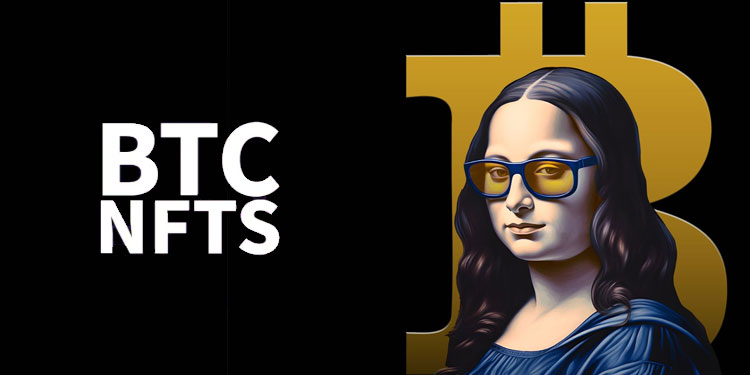Fox Corporation and Time, a global media brand, have entered into a partnership to utilize Fox’s Verify protocol for making content licensing and verification immutable. This collaborative effort aims to enhance the authenticity of journalism and combat misinformation in the media.
Mark Howard, the Chief Operating Officer at Time, highlighted the importance of this goal, emphasizing the significance of providing authenticated, fact-based journalism in an era where access to reliable information is crucial. Fox disclosed that Time will be the first external publishing partner to integrate blockchain verification into its journalism through the Verify protocol.
Melody Hildebrandt, Fox Corporation’s Chief Technology Officer, expressed enthusiasm for the partnership with Time, noting that both organizations share a positive outlook on artificial intelligence and are committed to protecting brand equity and authenticity while delivering content in innovative ways.
Introduction of the Verify Protocol
The Verify protocol was launched on Polygon’s proof-of-stake (PoS) network in January. It employs cryptographic methods to sign and establish the history and origin of digital content. This verification protocol creates a technical bridge between artificial intelligence platforms and media companies, having already verified over 300,000 pieces of content across Fox.
Marc Boiron, CEO of Polygon Labs, remarked on the collaboration with Fox Corporation, pointing out that the partnership with Time, one of the world’s most respected media outlets, exemplifies the positive impact of blockchain technology. He added that Time is an ideal first external publishing partner for the Verify protocol.
Transition to Zero-Knowledge Blockchain
Based on the positive feedback received, Fox has announced plans to transition Verify from the Polygon PoS network to an independent zero-knowledge (ZK) blockchain using Polygon’s Chain Development Kit (CDK). This transition, developed in collaboration with Gelato, a decentralized smart contract automation platform, aims to enhance the security and open-source nature of content verification, thereby enabling developers to create projects that are authentically provable.
Boiron expressed optimism about Fox’s shift toward ZK technology, stating that with Gelato as the implementation provider, Verify can now evolve into a ZK layer-2 chain using Polygon CDK. This development is expected to pave the way for exponential growth in content verification capabilities.
Implications for the Media Industry
The partnership between Fox and Time and the integration of the Verify protocol into journalism signify a major advancement in the fight against misinformation. By leveraging blockchain technology, both companies aim to set a new standard for content verification, ensuring that the information delivered to the public is both accurate and trustworthy.
The Verify protocol’s ability to establish a secure and immutable record of digital content origins and history addresses one of the most pressing issues in today’s media landscape. As misinformation continues to spread rapidly through various channels, the implementation of a robust verification system becomes increasingly vital.
Future Prospects
The move to a zero-knowledge blockchain is expected to make the Verify protocol more secure and widely accessible. This transition will allow developers to build projects that can be authenticated with certainty, further enhancing the credibility of the content. The open-source nature of the new system will also encourage innovation and collaboration among developers, potentially leading to new applications and improvements in content verification technology.
In conclusion, the collaboration between Fox and Time to implement the Verify protocol marks a significant step forward in ensuring the authenticity of journalism. By integrating blockchain verification into their operations, these media giants are taking proactive measures to combat misinformation and maintain the integrity of their content. As the Verify protocol evolves and expands, it is likely to have a profound impact on the media industry, setting a new benchmark for content verification and licensing.









